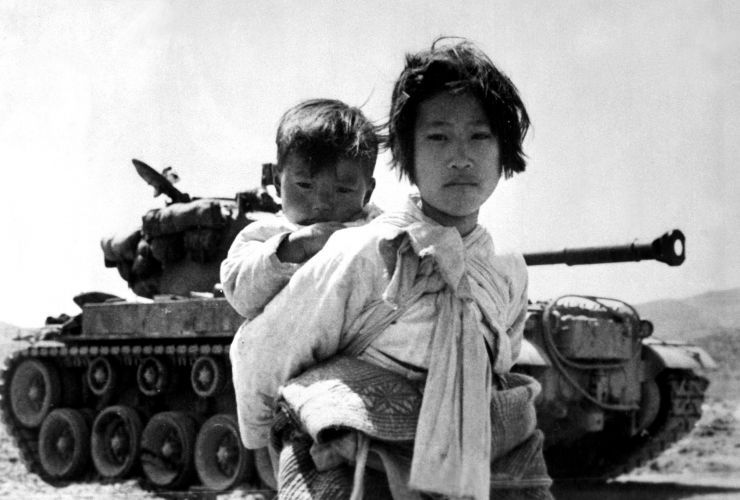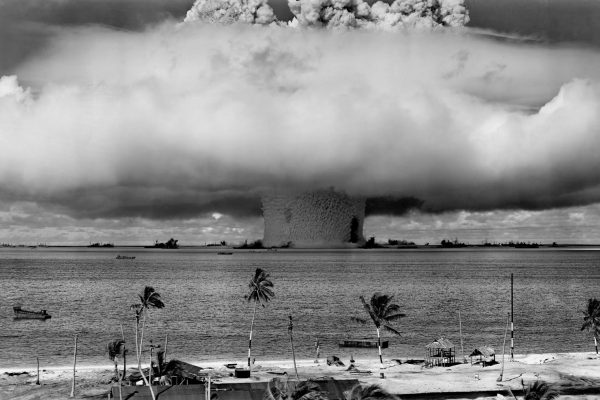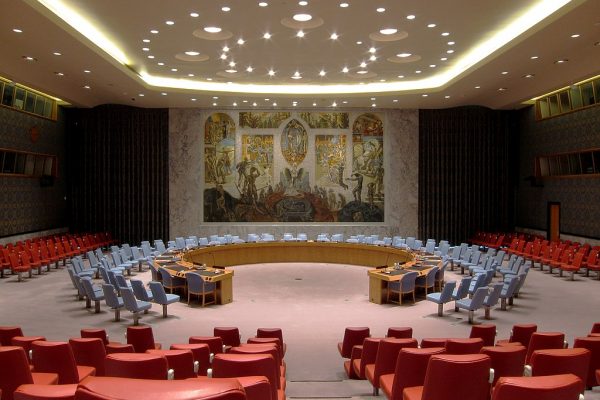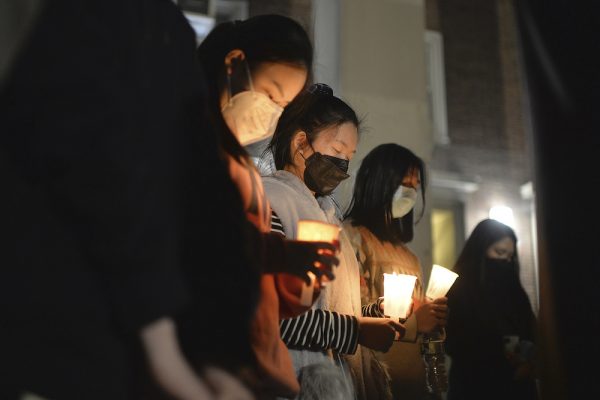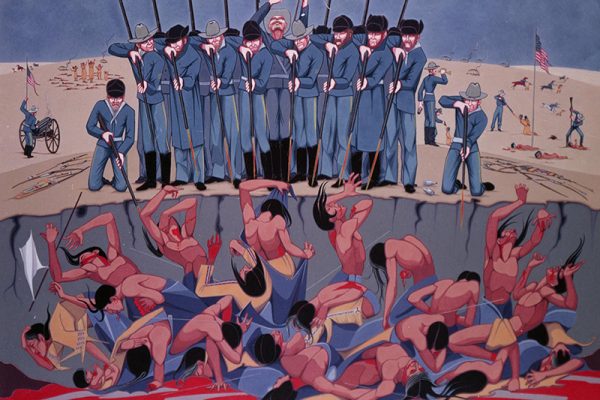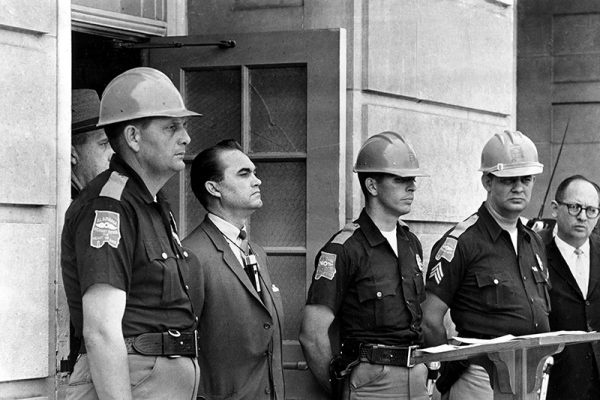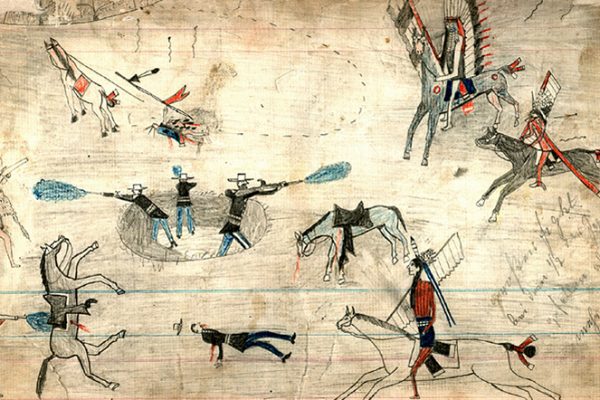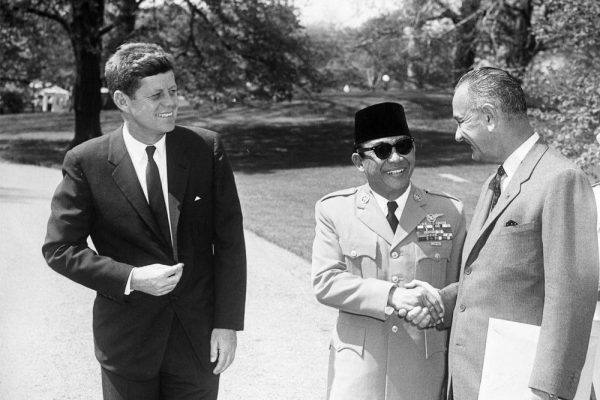People throw around buzzwords such as freedom, equality, and independence gratuitously on the July 4th holiday. But, we ask, freedom, equality, and independence for whom? Indeed, as a trio of essays on the Indian wars, the Western border, and the expropriation of Native American lands makes clear, the destructive premise at the core of U.S. history and identity, more than simple racism or discrimination, is that “freedom itself must be built upon violent elimination.”
Fast-forward to the twentieth century, and promoting “freedom” at home is now used to justify security prerogatives and military presence abroad. As Stuart Schrader noted in 2020 in his review of Vincent Bevins’s The Jakarta Method, the U.S. government fostered “systematic mass murder across the globe—from Southeast Asia to South America—in the name of fighting communism.” Looking at the economic logic that undergirded Cold War militarism, Nikhil Pal Singh corroborates that the Cold War says more about how U.S. elites imagined their “freedom” than it does about enabling other people to be free.
Of course, actions abroad don’t exist in a vacuum, often ricocheting their devastation back toward U.S. soil. We see such violent effects among poor populations who join the armed forces in higher numbers, as well as Black Americans and immigrants against whom support for the military is leveraged to show that they “belong.” Indeed, a horrifying example of U.S. imperialism’s insidious work at home is last year’s shooting in Atlanta. As Jessie Kindig argued, the connection of Asian women to sex and violence has its origins in U.S. wars—particularly the Korean War—and is fueled by our continued military presence in Asia.
This dual dynamic of racism at home and racism abroad is also evident in the U.S. nuclear program. As Boston Review regular Elaine Scarry observed on the seventy-fifth anniversary of Hiroshima, “the cruelty daily inflicted on people of color in our own city streets acts as a mental rehearsal for carrying out large-scale slayings abroad.” She concludes that “it keeps our capacity for cruelty limber.” An essay from Erica X. Eisen continues this line of argument. From white mannequin families to segregated bomb shelters, people of color were not extended even imaginary safety in U.S. nuclear preparedness plans, she notes, with officials opting instead to extend Jim Crow into the post-apocalyptic age.
Other writers in today’s reading list tackle our current moment. With the twentieth anniversary of the 9/11 attacks still fresh in our memory, how might we finally escape the ongoing War on Terror? Contributing editor Adom Getachew offers an overlooked starting point: the Caribbean movement for reparations. And a heart-wrenching essay from Julian Aguon sheds light on the U.S. Department of Defense’s plan to move thousands of marines to Guam. The “latest wave of action in a long and steady diet of dispossession,” this move will destroy 1,000 acres of native limestone forest, 40 acres of coral reef, and more. Alongside pieces from our recent archive, these essays deal with the intersections of imperialism, racism, and capitalism, both internationally and at home.
On the 75th anniversary of the bombing of Hiroshima, it is clear that white supremacy sustains the U.S. nuclear arsenal.
Seventy years after the civil preparedness film Duck and Cover, it is long past time to reckon with the way white supremacy shaped U.S. nuclear defense efforts during the Cold War.
The UN's “responsibility to protect” framework has failed to achieve a just international order. The Caribbean movement for reparations points the way forward.
Support for the U.S. military has long been seen as a crucial way for black Americans and immigrants to show that they “belong.”
Talk of American freedom has long been connected to the presumed right of whites to dominate everyone else.
More than simple racism or discrimination, it is built upon violent elimination.
Donald Trump says there is “a crisis of the soul” at the border. He is right, though not in the way he thinks.
How the Washington-backed Indonesian mass killings of 1965 reshaped global politics, securing a decisive victory for U.S. interests against Third World self-determination.
The Cold War says more about how U.S. elites imagined their “freedom” than it does about enabling other people to be free.
